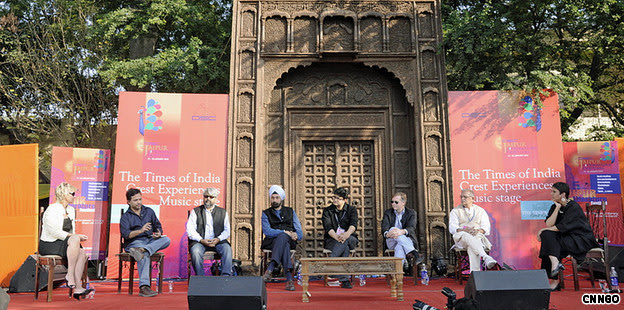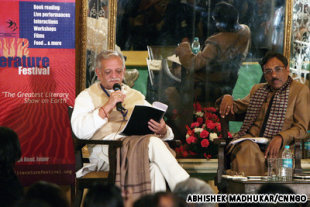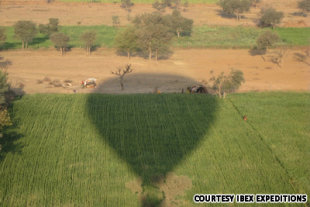UAE Police have denied that a 30-year-old Indian woman, who survived a suicide bid, has confessed to helping her husband kill their daughter before he hanged himself.
A 32-year-old man Rijesh, and his daughter Avanti, were recently found dead inside their apartment in Dubai while his wife Sreesha was hospitalised in a critical condition.
Reports on Monday suggested that the woman spoke briefly with the police and confessed that she had held down her daughter while her husband smothered the five-year-old with a pillow.
Brigadier Khalil Ebrahim Al Mansouri, Director of Dubai Police's Criminal Investigation Department, however, denied these reports and said the woman did not speak at all.
"The woman has been moved to the psychiatric ward in the hospital, and her mental condition does not allow questioning," Gulf News quoted Al Mansouri, as saying.
According to Al Mansouri, the woman will be charged with attempted suicide, but it is up to the Public Prosecution to decide the final charges upon completing investigations.
As per the UAE laws, attempting to commit suicide is a criminal offence that mandates a fine of up to Dh5,000 and/or six months imprisonment.
If proven that she had taken part in suffocating her daughter, the woman may also face charges of murder.
The incident has sent shockwaves across the community as residents are baffled by what could have pushed the young family, from Kerela, to take such extreme measures.
According to the report, Rijesh was working with a consultancy firm and recently moved to an electronics company and his wife Sreesha was working with a private company. The daughter was attending kindergarten at an Indian school. (ANI)





